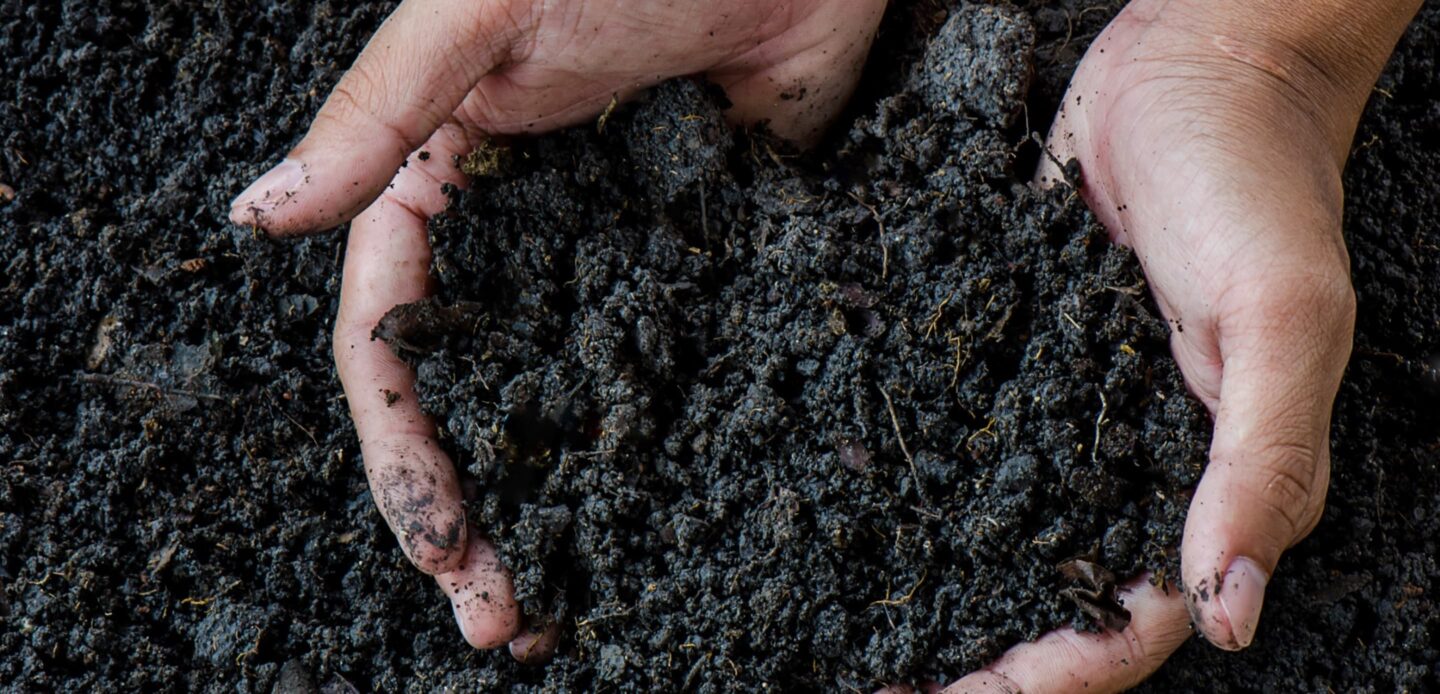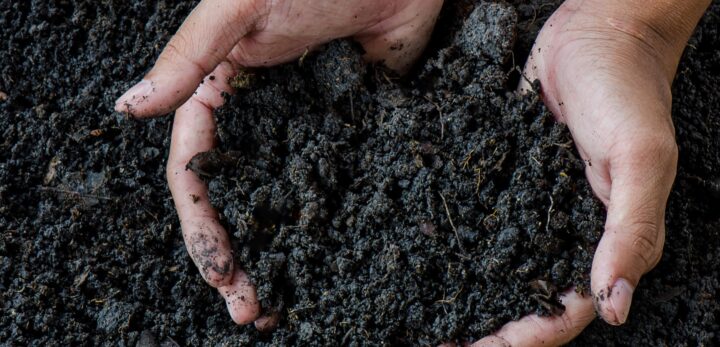If it's worth doing, it's worth doing right!
As part of development works, particularly on Brownfield sites, there are often remediation works that need to be done to make sure that the environmental and engineering risks are mitigated, and that the site will be suitable for it’s intended use.
These works are what are outlined in a Remediation Method Statement, and during construction validation works are then needed at various points to make sure that the remediation works are implemented properly.
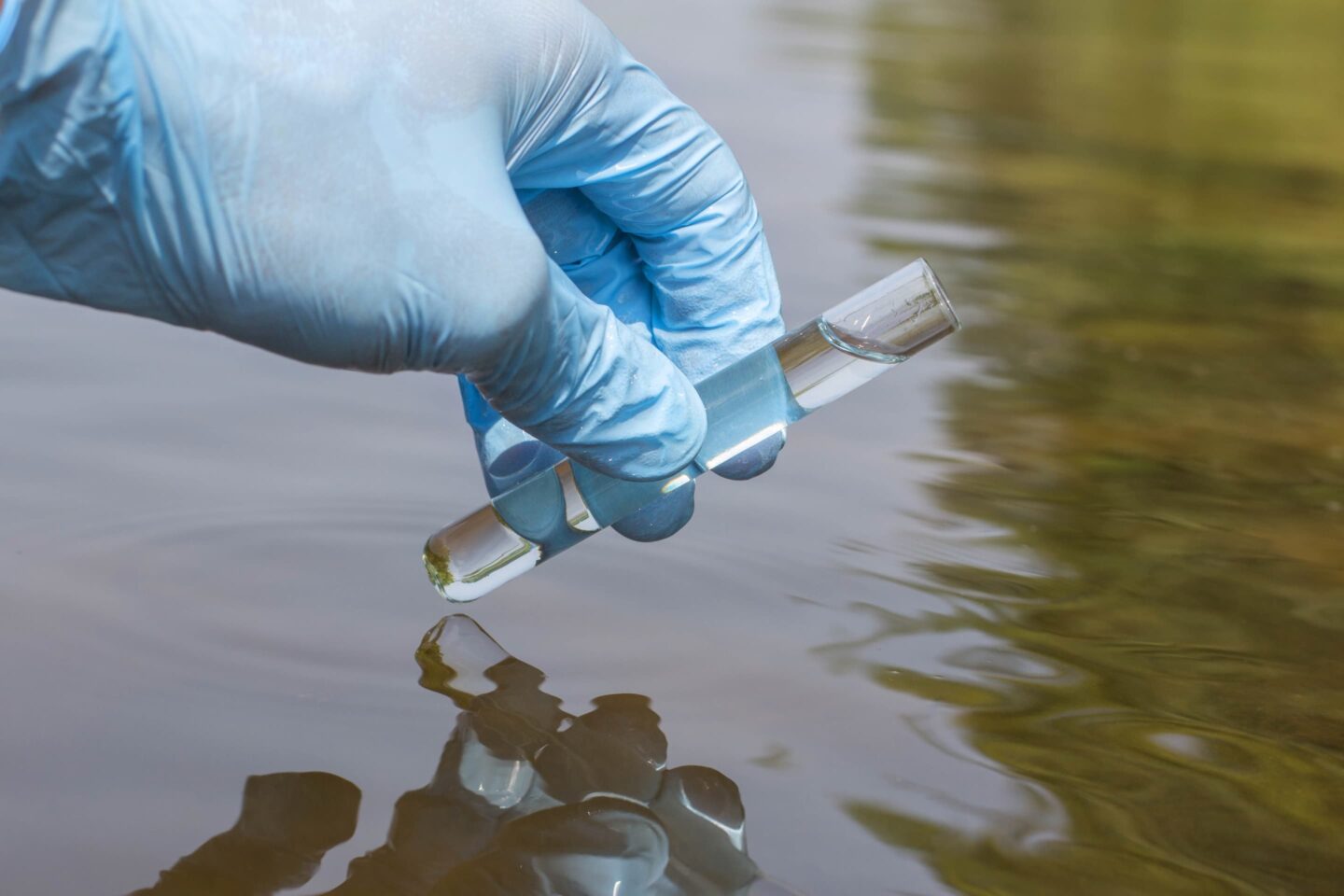
What are the common geotechnical and geoenvironmental validation works?
If no suitable soils are available on a site, or where earlier phases of Ground Investigation and environmental assessment find that any existing soils are not suitable for keeping or reusing in soft garden or landscaping areas, imported soils have to be brought in for these areas.
Whenever soils are brought to site for use sensitive areas, they need to be validated to make sure that the chemical levels in the imported soils won’t pose a risk to people who use these areas once the development is finished.
Often this means that a geo-environmental consultant will either test the soils at their source, before they’re brought out to site, or as soon as possible when they’re imported to site, to confirm that they’re chemically ‘clean’ and can be accepted for use.
Once soils have been placed validation pits are often needed at an agreed ratio of plots to confirm that a sufficient thickness of capping soils have been placed in gardens and landscaping areas as a final validation check. All of the information obtained is then put into a Verification Report that can be sent off to the Local Authority and any warranty or guarantee providers.
Ensuring that ground gas protection measures are installed correctly is also a geoscience consultancy service that it needed during construction works. Independent verification is needed to be awarded a gas protection score to meet the requirements of BS8485:2015, so it’s important that this is considered during the validation process so that the right information is obtained at the right time. Often when validating gas protection measures there’s only a small window of time to be able to see a gas membrane and underfloor ventilation before it’s covered over or inaccessible as construction works progress.
Typically what geoenvironmental and geotechnical validation works might be needed?
Earthworks are sometimes needed as part of developing, or redeveloping, a site. From excavating and re-compacting made ground beneath highways and hardstanding areas, to building new embankments or ground raising, sometimes this needs specialist input to make sure that the materials used are engineeringly suitable and that works are done according to an earthworks specification. This can involve taking samples of materials throughout the development are they’re brought to site, to do in-situ geotechnical testing like plate load testing to make sure that soils are compacted properly.
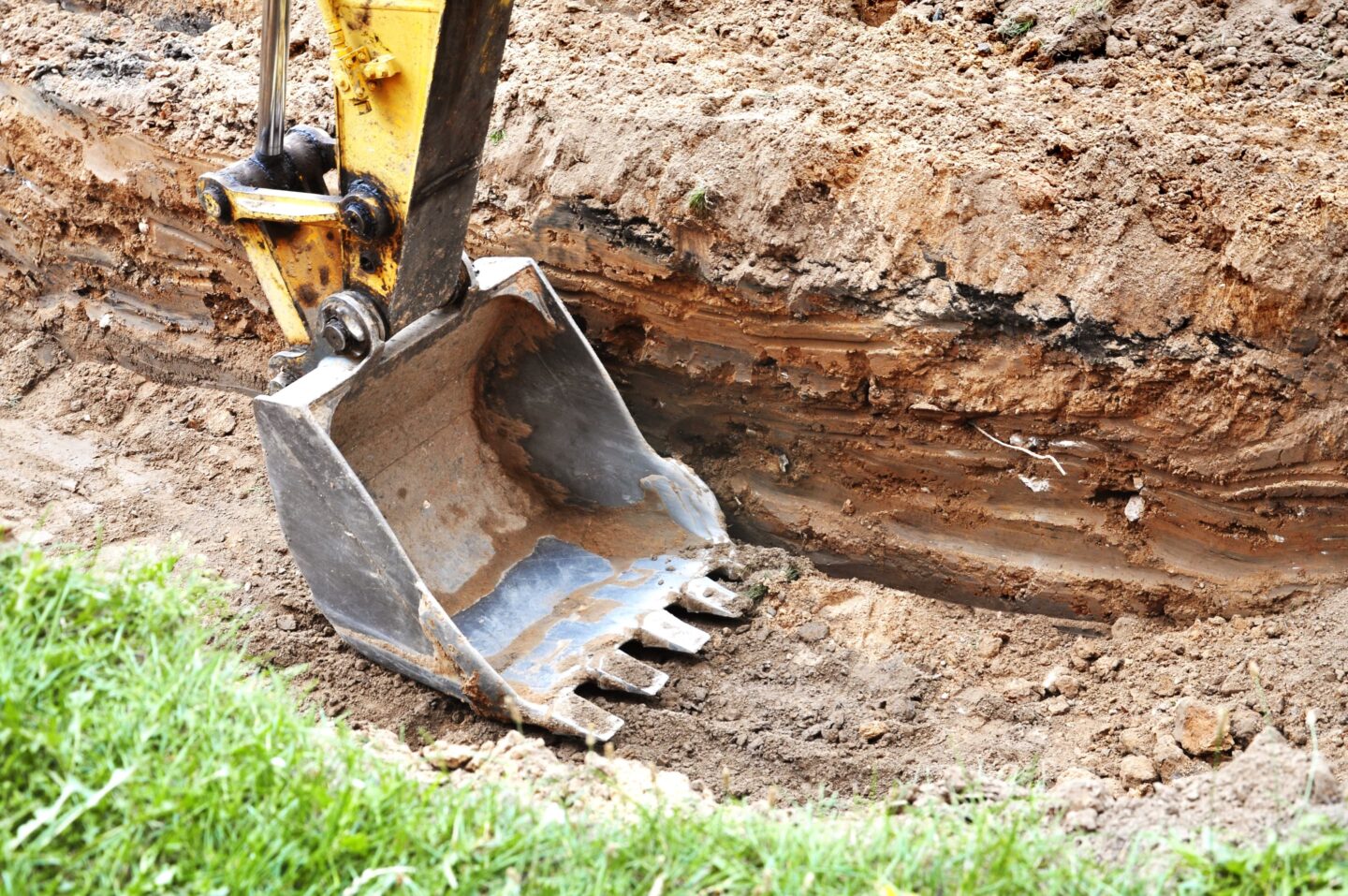
Working together through the validation process
By working with our clients we can breakdown the validation process so that they can ‘sign off’ certain areas of parts of a development at a time for partial discharge of planning conditions, and then do one final verification report at the end to get full discharge for the whole site.

Whatever your validation needs are, we’d love to chat about how we can help
Because we can help with geotechnical and environmental validation works, this can make things more cost-effective and mean that we’re on site more throughout the development process to capture information and assist our clients to get the information that’s required whilst it’s available. This can reduce the potential for delays waiting for a geoscience consultant to attend site that could cause works to have to be halted, or reduce the potential for information being missed during the validation process.
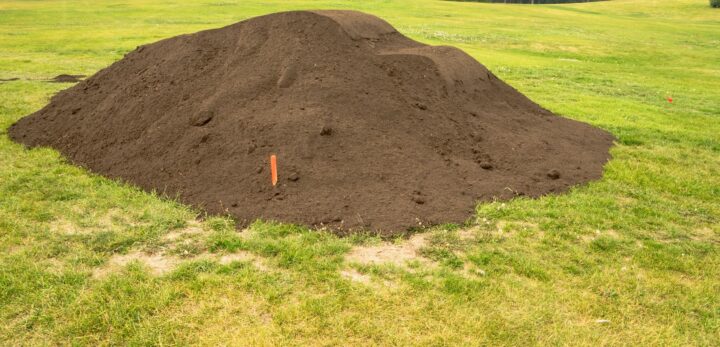
How do we help our clients?
At Abbeydale Geoscience we know that developments are often be built in “phases” or groups of plots at a time, so we work alongside our clients and their construction contractors to provide the validation assistance that they need, when they need it. We make a conscious effort to make the validation process as efficient as possible, making sure that we get the information that’s needed when it’s available so that things don’t get missed.
